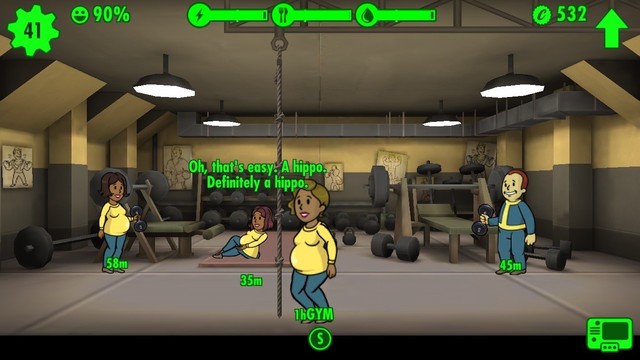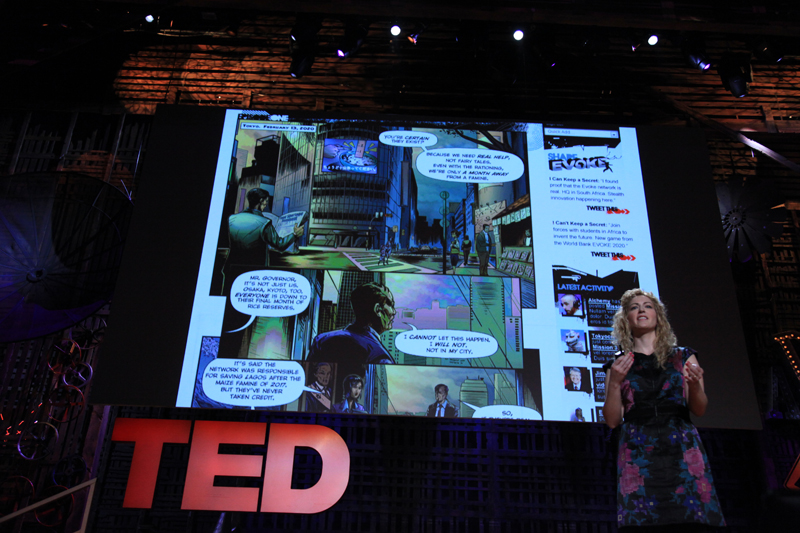After reading a fabulous article on ADA: A Journal of Gender, New Media, and Technology, by Marie Hicks, a lot of interesting ideas started flowing about the nature of social control and technology. Hicks writes of online dating, “rather than revolutionizing how people met and married, this article shows how early computerized dating systems re-inscribed conservative social norms about gender, race, class, and sexuality.” As I have written before, here and here I believe, and there is much evidence supporting the idea, that the way systems are designed encourage certain kinds of behavior while making others nearly impossible. Hearthstone, with its limited emotes and lack of chat feature attempts to stamp down trolling, harassment, and toxicity. Similarly, League of Legends, with its open chat system is one of the most toxic systems in gaming. However, they have found that certain innovations, such as showing a screen clip of someone’s behavior within 10 minutes of the behavior along with a warning, can drastically reduce toxic behavior.
I have always thought of games as a world of freedom and possibility. You can be anyone, do anything, save the world, destroy the world. In a way that we have not been able to play with our own identities (without dire consequences), since the world wide web connected our virtual and real world identities, games allowed us freedom of play: not just in the game, but with who we are. Games arose as a kind of counterpoint to the new regime of round-the-clock production: everyone can [and will!] be a producer of digital artifacts, you can [and will!] answer emails easily on your smart phone whether at 10am or 10pm, you can [and will!] put faith in data and infographics without reflection. As we are expected to not only always be on call, but always working, games took over our entertainment media. We no longer can [or should!] passively consume entertainment. No no no. We must be active in our leisure and relaxation. Ask anyone who games and doesn’t watch TV.
Hicks argues that while dating websites promised more freedom for women and men to be themselves, find a match, and find love, it actually reinscribed traditional gender roles. I wonder if the same is true for gaming. While gaming promises to allow for freedom from ordinary life, maybe it instead has made us into producing beings 24/7. Even in our leisure we are farming, collecting, training.
By extension, I wonder if the toxic culture of the gaming community isn’t an accident at all. Maybe it isn’t that humans are terrible deep down and ruined something as promising as gaming. Maybe GG exists because it was meant to. Gaming channels our anger, competitiveness, and aggression, and games allow us to express those things in a safe environment. But what if gaming really builds up those feelings, particularly in young, white males, and doesn’t allow for the release. I think it’s hard to deny that within gaming that group feels entitled and disenfranchised and angry. Maybe that isn’t a side-effect of gaming but a primary one.
Why would anyone want a large group of white males to be disenfranchised, angry, and ready for action? I can think of a few reasons…




